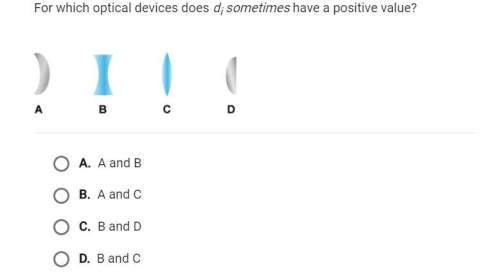
Physics, 01.03.2020 22:05 trillralyn4060
A small object moves along the x-axis with acceleration ax(t) = −(0.0320m/s3)(15.0s−t) . At t = 0 the object is at x = -14.0 m and has velocity v0x = 7.80 m/s.

Answers: 3


Another question on Physics

Physics, 21.06.2019 21:30
Aquantity of gas has a volume of 1.5 m3 and an absolute pressure of 95 kpa. when the gas is compressed to a volume of 0.5 m3, what is the new absolute pressure of the gas? (assume that there’s no change in temperature.)
Answers: 3

Physics, 22.06.2019 08:30
Abike rider starts from rest and accelerates 28.0 meters down a slope in 5.00 seconds. what is her acceleration? select one: a. 3.21 m/sec2 b. 1.75 m/sec2 c. 9.80 m/sec2 d. 2.24 m/sec2
Answers: 3

Physics, 22.06.2019 11:00
Which sound characteristic is not affected by the relative motion of an object
Answers: 2

Physics, 22.06.2019 14:40
You throw a small rock straight up from the edge of a highway bridge that crosses a river. the rock passes you on its way down, 7.00 s after it was thrown. what is the speed of the rock just before it reaches the water 28.0 m below the point where the rock left your hand? ignore air resistance.
Answers: 2
You know the right answer?
A small object moves along the x-axis with acceleration ax(t) = −(0.0320m/s3)(15.0s−t) . At t = 0 th...
Questions

Mathematics, 04.03.2021 03:50








Mathematics, 04.03.2021 03:50

Mathematics, 04.03.2021 03:50


Mathematics, 04.03.2021 03:50

Mathematics, 04.03.2021 03:50


Spanish, 04.03.2021 03:50

Mathematics, 04.03.2021 03:50

Mathematics, 04.03.2021 03:50

Chemistry, 04.03.2021 03:50





